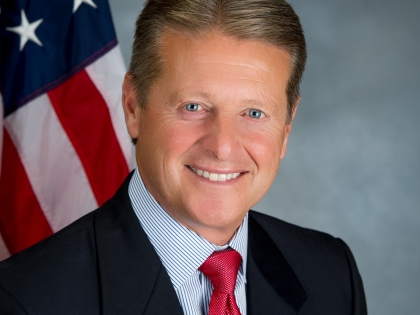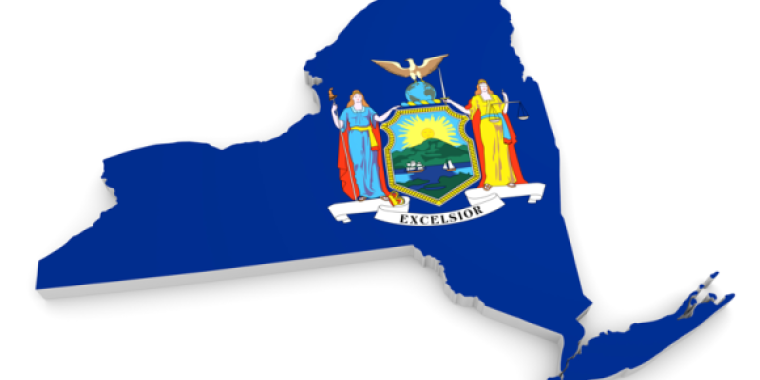
Single Payer Health Care is Not The Answer for NY
Patrick Gallivan
September 26, 2019
-
ISSUE:
- Health Insurance

As the ranking member of the New York State Senate’s Health Committee, I recently returned from a two-day fact-finding mission to Toronto to learn more about Canada’s single payer health care system. The bipartisan Senate delegation met with doctors and other health care leaders, toured a local hospital and received an overview of Canada’s health care policy. The visit occurred as those who make up the new majority in the State Senate continue to push legislation dubbed the New York Health Act (NYHA), which would replace the current health care financing system with a single-payer government program financed by state taxpayers. For me, the trip to Toronto reinforced my belief that a single-payer system is not only too costly, but fraught with questions and unsatisfactory answers.
According to the RAND Corporation, a nonprofit, nonpartisan research organization, the estimated cost of implementing the NYHA in the first year alone is $160 billion. That equates to an approximate 178% tax increase, the largest hike in history, in a state already among the highest taxed in the nation. To paraphrase one of our presenters in Toronto, you cannot have Canadian style healthcare at United States’ tax rates.
The NYHA, as proposed, would be the only government run single-payer health system in the world that does not include cost-sharing requirements, prior authorization, provider networks and private health insurance options. It also contains no definitive mechanism for funding unlimited benefits. This seems highly impractical in that no taxpayer-funded program can afford unlimited and unrestricted health care. As I learned, approximately 30% of Canadian health care is funded by private insurance and out-of-pocket expenses. It also limits some medical services, such as dental, vision, mental health treatment and outpatient prescription drugs.
Proponents of the NYHA say it would provide coverage for those New Yorkers who are currently uninsured. Fortunately, that number continues to decline and now stands at less than 5% of the population. While closing the coverage gap must remain a priority, a better approach might be to increase outreach and provide greater financial incentives to obtain insurance coverage. Radically changing the current system by eliminating Medicare, Medicaid, private insurance and other programs for the 95% of New Yorkers already covered is unnecessary. To make matters worse, the program would lead to the loss of over 50,000 health related jobs.
In the end, the NYHA would create a huge new bureaucracy that would be financially unsustainable. Similar socialized programs have resulted in treatment delays access issues and financial challenges in other countries, including Canada. Since my visit, more than 100 Toronto emergency room professionals have called on the government to reverse cuts to public health. Our system is not perfect. We should be working to ensure that all New Yorkers have access to quality, affordable health care. A government run, taxpayer funded system is not the answer.
related legislation
Share this Article or Press Release
Newsroom
Go to NewsroomSenator Gallivan Comments on NYS Budget
May 5, 2023



